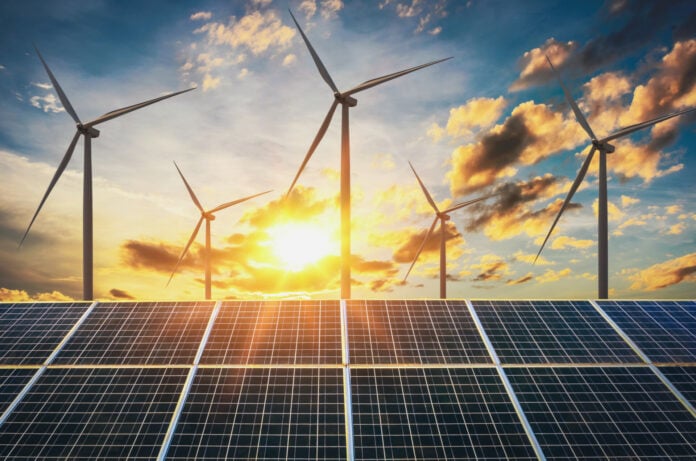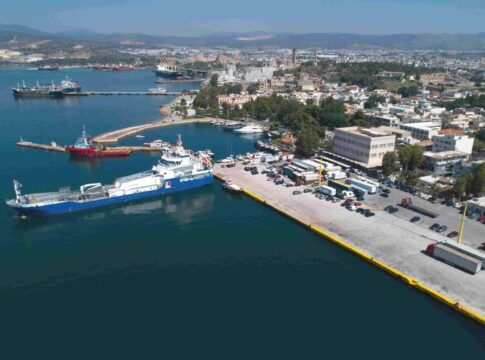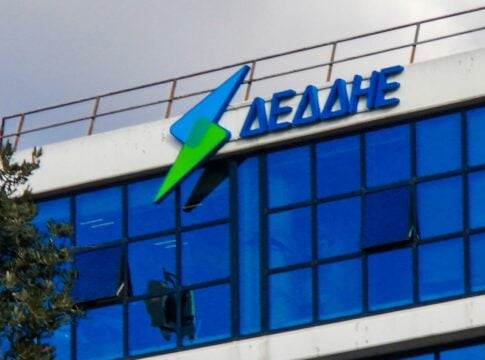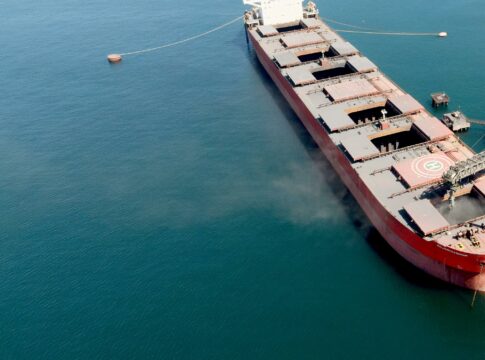Greece’s major energy companies recognize the “favorable ground” for investments in the Balkan region, specifically in Romania and Bulgaria, with a special emphasis on the sector of Renewable Energy Sources (RES).
The advantages of Romania
Romania comes first in the preferences of investors compared to Bulgaria, presenting a more attractive package, which is based both on the characteristics of the specific market and more generally on the characteristics of the country in general. In particular, Romania has developed a new regime, much more favorable for RES, which lacks the bureaucratic barriers recorded in Greece. At the same time, the country has twice the population of Greece – about 20 million inhabitants – with strong prospects for growth in terms of consumption. Market representeatives reported that the consumption profile appears totally different to Greece, as industrial consumption is greater than household consumption.
In addition, Romania embraces the energy transition priorities for 2030, having set ambitious targets for new RES projects, which sets the stage for significant growth prospects in the sector. The participation of neighboring Romania in the European Union, the existence of electrical interconnections in the region, as well as the existence of coupled stock markets contribute to the decision of investors to seriously consider the expansion of their activities in this country.
The deals so far
After the acquisition of Enel Romania, with which PPC firmly established its presence in the energy market of the neighboring country, it is steadily making new moves in compliance with its intention to transform itself into an important regional energy player in the region of Southeast Europe. Based on 600 MW projects and an additional 5,000 MW underway following the deal with Enel Romania, PPC proceeded to acquire an 84 MW wind farm from the Russian group Lukoil, two 210 MW photovoltaic farms from Metlen (formerly Mytilineos), as well as to the conclusion of a binding agreement with Evryo Group for the acquisition of the RES portfolio, which includes projects with a total capacity of 629 MW in operation and approximately 145 MW under development. Upon the completion of the latest agreement with Evryo, PPC’s operational RES portfolio in Romania will double and the group’s total installed capacity will reach 5.3 GW.
Similar agreements have been announced by the other large Greek energy groups, with Motor Oil announcing its entry into a joint venture with Alive Renewable (51%), a subsidiary of Premier Energy, for the development of 2 power plants of 86 MW, with batteries. Accordingly, Helleniq Energy, through its subsidiary HELLENiQ Renewables, has signed a binding agreement with Metlen for the construction and acquisition of 4 solar parks in southern Romania, with a total capacity of 211 MW.
Constructions
The investment interest is not limited to RES, with Intrakat leading the Romanian market in reaching the goal of doubling the backlog and AVAX Group implementing in the neighboring country one of the largest energy projects in Europe, a combined cycle plant (MASS MINTIA POWER PLANT), with a total capacity of 1,750 MW. Among the active “players” in the region is the Metlen company, however with a different business model based on the Asset Rotation Plan, which places more emphasis on the development and subsequent sale of projects, as EPC, than on the gathering, development and operation of a RES portfolio.
Its activity is already expanding in the countries of Romania, Bulgaria, Italy and Croatia, with a firm orientation to further expand its presence in the SE Europe region.
It should be mentioned that Greece was ranked 5th among the main investing countries in Romania for 2023 (against 8th place in 2022), with total investments having increased to 2.44 billion euros, from 1.5 billion euros in 2022, mainly due to the acquisition of Enel by PPC, representing 5% of the total (3.29% in 2022).














